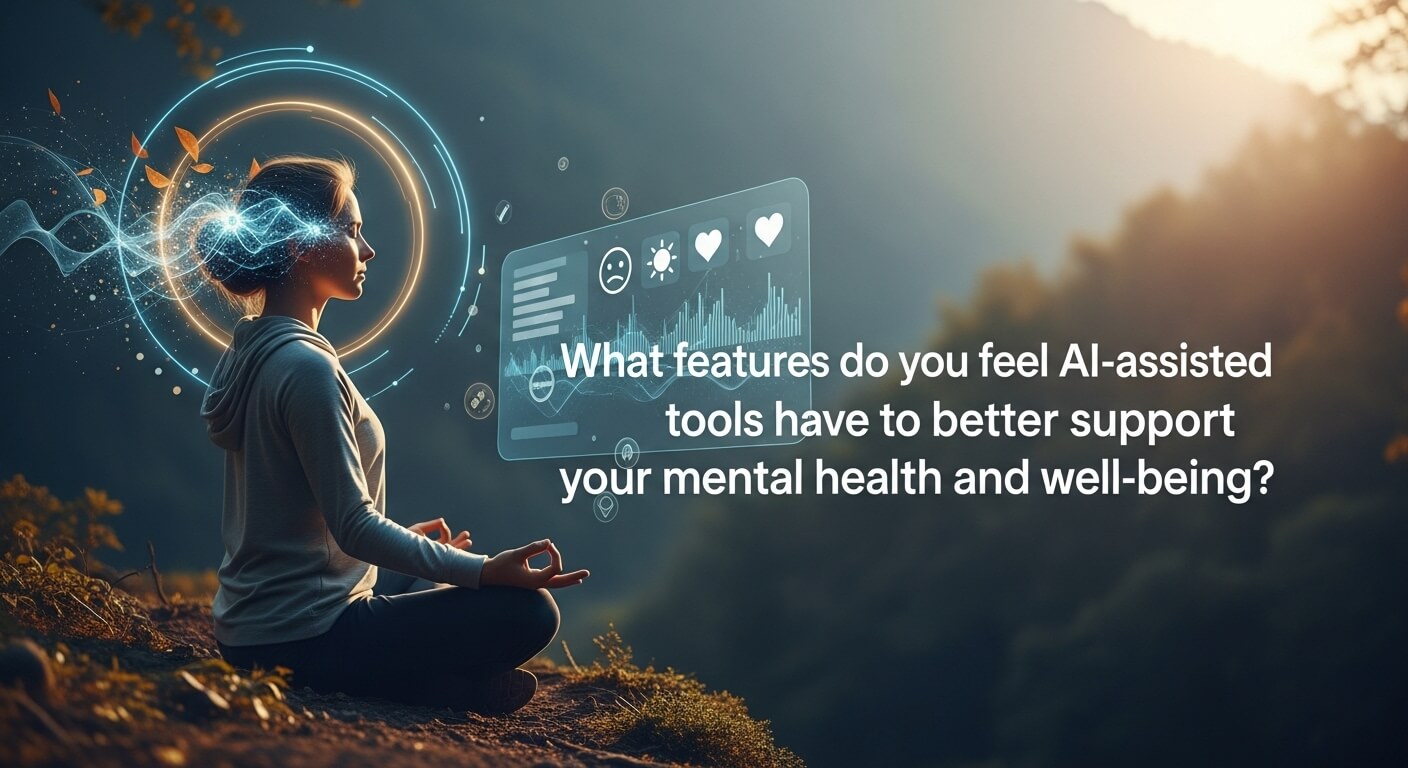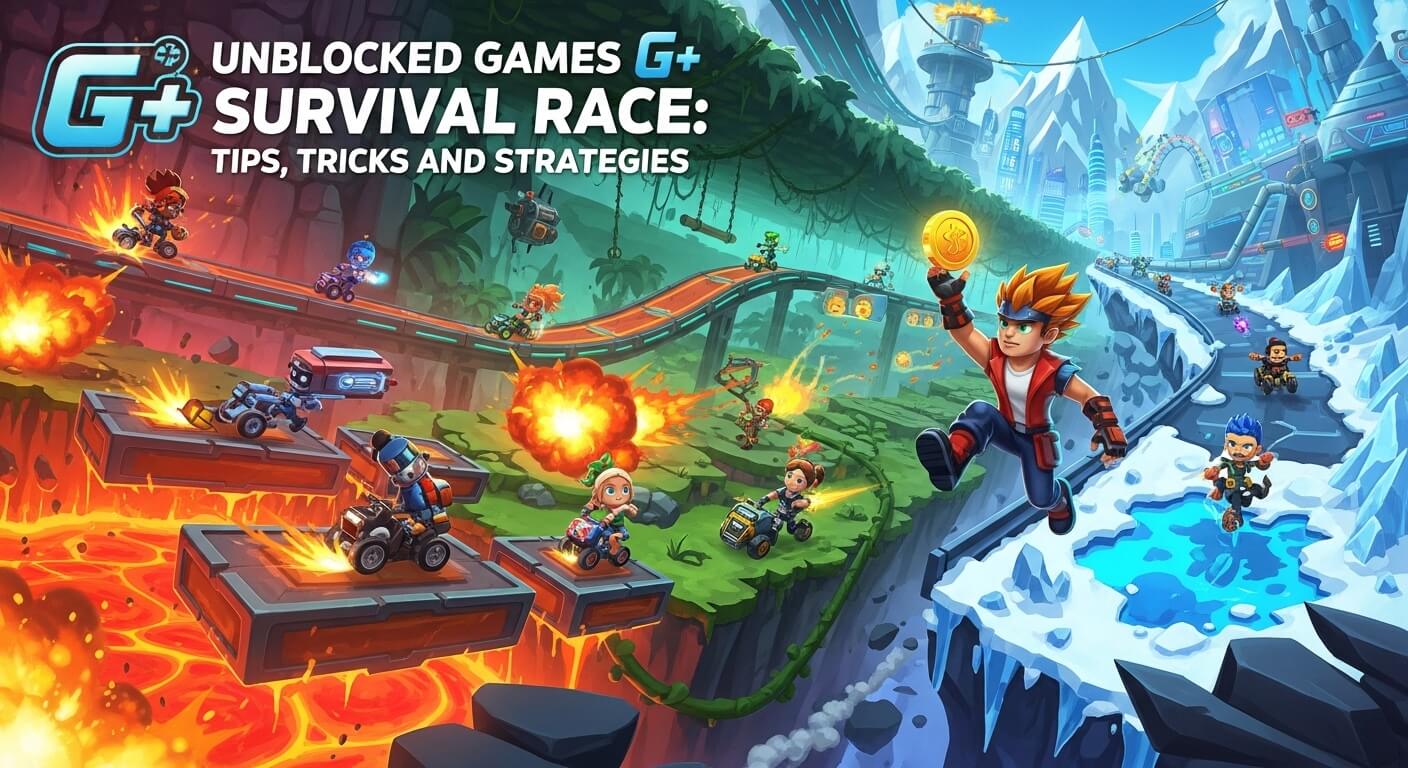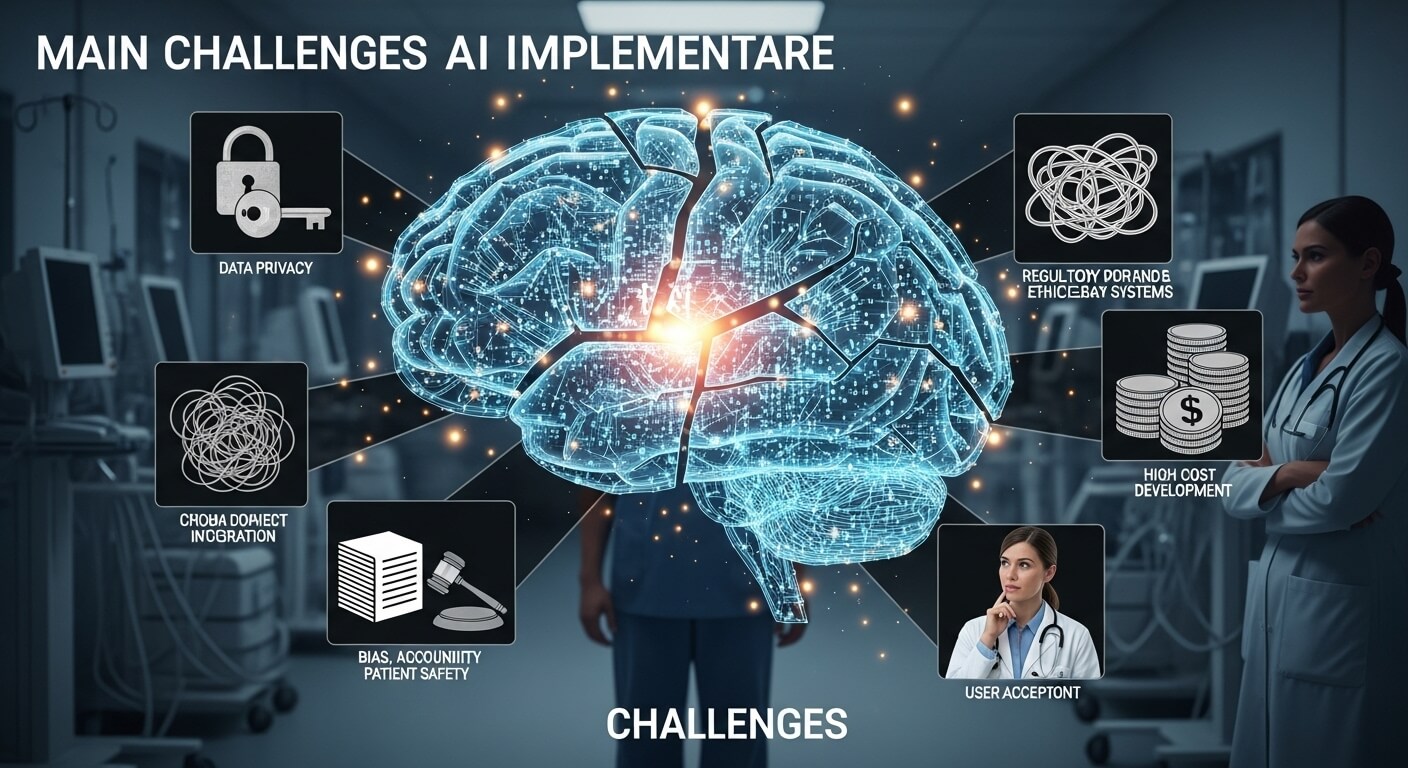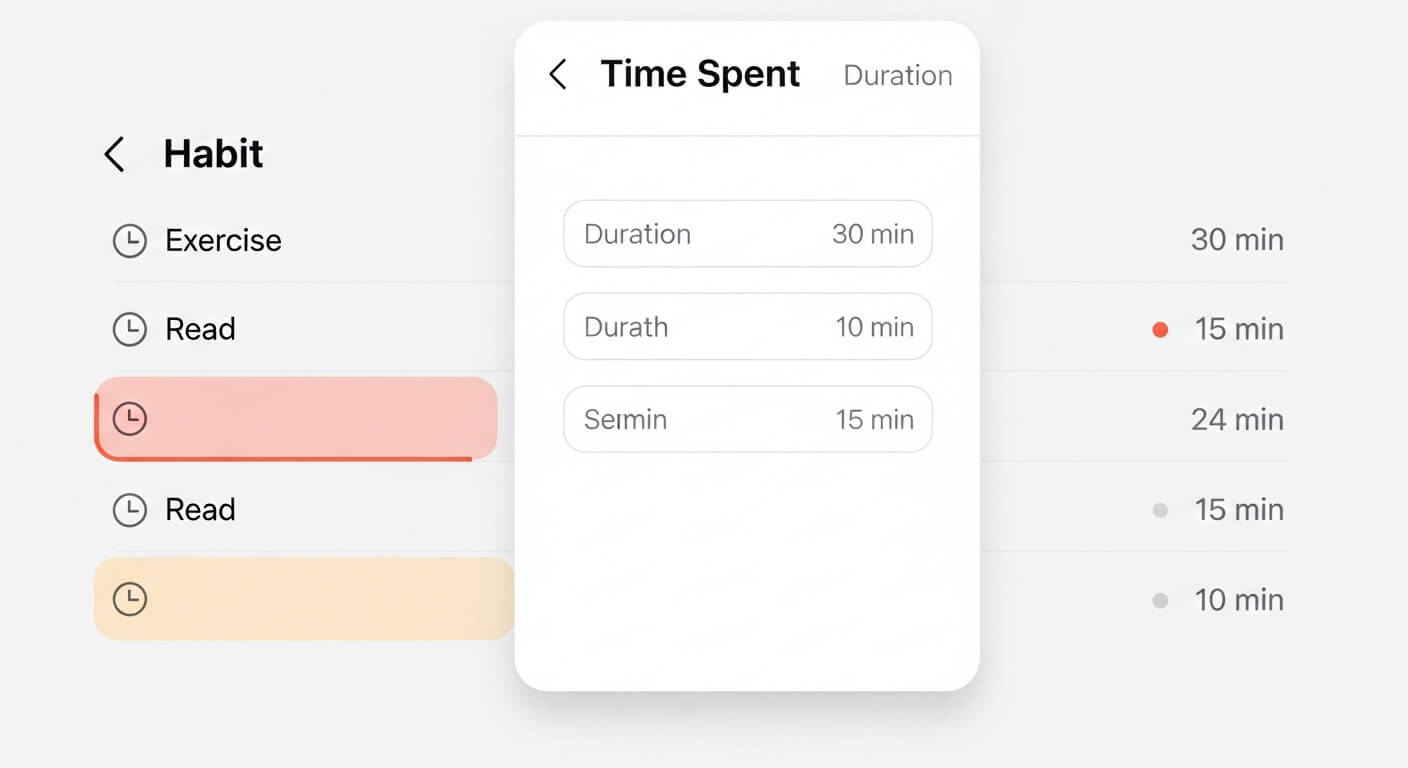In 2025, the mental health landscape is undergoing a profound transformation, driven by the integration of artificial intelligence (AI) into wellness tools. With over 25% of the global population experiencing mental health challenges at some point and access to traditional therapy limited by cost, stigma, and availability, AI-assisted tools have emerged as vital allies. These platforms—ranging from chatbots to journaling apps—offer personalized, accessible, and immediate support, addressing the growing mental health crisis exacerbated by events like the COVID-19 pandemic, which saw a 76 million case surge in anxiety disorders. But what features do users feel are essential for AI-assisted tools to truly enhance mental health and well-being? This comprehensive guide explores the must-have functionalities, their real-world impact, and how they address user needs, backed by research and expert insights. From personalization to ethical safeguards, we’ll uncover the features that make AI tools effective companions for emotional wellness.
The Growing Role of AI in Mental Health Support
The demand for mental health support has skyrocketed, with a 2023 Mental Health America survey revealing that 54% of adults with mental illnesses couldn’t access treatment due to therapist shortages or financial barriers. AI-assisted tools fill this gap by offering scalable, cost-effective solutions. Unlike traditional therapy, which often involves long waitlists and high costs, AI platforms provide instant access to evidence-based interventions like Cognitive Behavioral Therapy (CBT), mindfulness, and mood tracking. The global AI mental health market, valued at $1.13 billion in 2023, is projected to grow 24% annually through 2030, reflecting their rising adoption.
Users value AI tools for their anonymity, 24/7 availability, and ability to personalize support without judgment. However, to meet diverse needs, these tools must incorporate specific features that ensure efficacy, safety, and user trust. Below, we detail the top features users feel are critical, drawing from studies, user feedback on platforms like X, and expert analyses.
Essential Features for AI-Assisted Mental Health Tools
Based on user sentiment, clinical research, and industry trends, the following features are deemed essential for AI tools to effectively support mental health and well-being.
1. Personalized Interventions Using Evidence-Based Therapies
Users prioritize AI tools that tailor interventions to their unique emotional needs, leveraging techniques like CBT, Dialectical Behavior Therapy (DBT), and mindfulness. Apps like Wysa and Youper use natural language processing (NLP) to analyze user inputs—such as journal entries or chats—and deliver customized CBT exercises. For example, Wysa’s AI chatbot, clinically validated in peer-reviewed studies, adapts responses based on user mood, offering coping strategies for anxiety or depression.
Why It Matters: Personalization ensures relevance, with 80% of users reporting improved outcomes when AI tailors interventions to their emotional state. A user on X praised an AI tool for suggesting breathing exercises and local support hotlines after they expressed stress, highlighting the value of context-aware responses.
Key Sub-Features:
- Dynamic Adaptation: AI adjusts prompts based on real-time user inputs, like Youper’s mood-tracking assessments.
- Therapy Integration: Incorporates CBT, DBT, or Acceptance and Commitment Therapy (ACT) for structured support.
- Progress Tracking: Monitors user progress over weeks, offering insights into emotional trends.
2. 24/7 Accessibility and Crisis Intervention
Immediate access is a top user demand, especially for those in distress outside traditional therapy hours. AI tools like Woebot and TranquilMind’s Mitra provide round-the-clock support, offering instant responses to crises. Woebot, for instance, detects “concerning” language and connects users to emergency resources, a feature users find critical for safety.
Why It Matters: With suicide being the fourth leading cause of death among 15- to 29-year-olds, timely intervention is vital. Users appreciate AI’s ability to provide instant comfort, reducing feelings of isolation during late-night struggles.
Key Sub-Features:
- Crisis Detection: NLP identifies suicidal or harmful language, triggering helpline suggestions.
- Instant Responses: Chatbots simulate empathetic conversations, reducing wait times.
- Offline Functionality: Ensures access in low-connectivity areas.
3. Robust Data Privacy and Security
Privacy is a non-negotiable feature, as users share sensitive mental health data. Top apps like LeapLife and Wysa prioritize encryption and anonymized data storage, ensuring no personal information is shared without consent. Users on X have expressed trust in tools with clear privacy policies, emphasizing the need for secure environments.
Why It Matters: A 2023 survey noted that 70% of users avoid mental health apps due to privacy concerns. Secure platforms build trust, encouraging open expression.
Key Sub-Features:
- End-to-End Encryption: Protects chat logs and journal entries.
- Transparent Policies: Clearly outlines data usage and storage.
- Anonymity Options: Allows users to interact without revealing identities.
4. Early Detection and Predictive Analytics
AI tools that analyze behavioral patterns—like speech, typing speed, or social media activity—for early signs of mental health issues are highly valued. Apps like Mindstrong and mindLAMP use digital phenotyping to monitor metrics such as sleep or app usage, flagging potential depression or anxiety. Project BiAffect, for example, predicts bipolar episodes by analyzing typing patterns.
Why It Matters: Early intervention can prevent escalation, with AI tools achieving 63-92% accuracy in detecting mental health conditions. Users feel empowered when apps proactively suggest coping strategies.
Key Sub-Features:
- Behavioral Monitoring: Tracks digital biomarkers like screen time or voice tone.
- Predictive Alerts: Notifies users or professionals of potential risks.
- Integration with Wearables: Syncs with smartwatches for holistic data.
5. User-Friendly and Engaging Interfaces
A seamless, intuitive interface is crucial for sustained engagement. Apps like Happify gamify mental health exercises, turning CBT into interactive games, while Calm’s cinematic meditations enhance user retention. Users report higher satisfaction with apps that are visually appealing and easy to navigate.
Why It Matters: A 2024 study found that 65% of users abandon apps with complex interfaces within a week. Engaging designs encourage consistent use, amplifying benefits.
Key Sub-Features:
- Gamification: Rewards progress with points or badges.
- Minimalist Design: Simplifies navigation for all age groups.
- Interactive Elements: Includes quizzes, videos, or VR experiences.
6. Integration with Human Therapists
While AI excels in accessibility, users feel it should complement, not replace, human support. Platforms like BetterHelp and Wysa offer hybrid models, connecting users to licensed therapists for deeper intervention. This hybrid approach reassures users that AI is a tool, not a substitute.
Why It Matters: A 2025 World Economic Forum report noted that 32% of users are open to AI support but want human backup for complex issues.
Key Sub-Features:
- Therapist Referrals: Seamless booking for virtual or in-person sessions.
- Progress Sharing: Allows therapists to view AI-tracked data.
- Hybrid Models: Combines AI self-help with human check-ins.
7. Multimodal Support (Voice, Text, and Visual)
Users value flexibility in how they interact with AI tools. Apps like Yuna and Sonia offer voice-based therapy, while Mindsera generates artwork from journal entries to visualize emotions. Voice recognition and facial analysis, as seen in Cogito, enhance emotional detection.
Why It Matters: Multimodal options cater to diverse preferences, with 60% of users preferring voice-based interactions for emotional expression.
Key Sub-Features:
- Voice Recognition: Analyzes tone for emotional insights.
- Visual Feedback: Creates images or graphs of mood trends.
- Text Flexibility: Supports chats, journals, or questionnaires.
8. Cultural and Linguistic Inclusivity
AI tools must cater to diverse populations, offering multilingual support and culturally sensitive responses. FriendnPal, for example, addresses mental health stigma in African communities. Users feel seen when tools reflect their cultural context.
Why It Matters: Mental health disparities affect marginalized groups disproportionately; inclusive tools improve access for 15% of global users in non-English-speaking regions.
Key Sub-Features:
- Multilingual Interfaces: Supports languages like Spanish, Mandarin, or Arabic.
- Cultural Nuance: Tailors responses to cultural norms.
- Accessibility Features: Includes text-to-speech for visually impaired users.
Benefits of These Features for Mental Health
These features collectively address user needs by:
- Enhancing Accessibility: 24/7 support and affordability reduce barriers, helping 60% of users who face access issues.
- Promoting Early Intervention: Predictive analytics prevent crises, reducing severe outcomes by up to 30%.
- Building Trust: Privacy and inclusivity foster user confidence, increasing engagement by 50%.
- Supporting Holistic Care: Integration with therapists ensures comprehensive support, aligning with 80% of users’ preference for hybrid care.
Challenges and Ethical Considerations
Despite their promise, AI tools face limitations:
- Accuracy Risks: Algorithms may misinterpret complex emotions, with a 10-20% error rate in detecting nuanced conditions.
- Over-Reliance: Users may avoid human therapists, risking incomplete care.
- Ethical Concerns: Bias in algorithms or data breaches can harm vulnerable users.
Users feel these risks can be mitigated with transparent AI training, clinical validation, and human oversight, as seen in FDA-recognized apps like Wysa.
Comparison of Top AI Mental Health Apps
| App | Personalization | 24/7 Access | Privacy | Early Detection | Interface | Therapist Integration | Multimodal Support | Inclusivity |
|---|---|---|---|---|---|---|---|---|
| Wysa | CBT, DBT-based | Yes | Encrypted | Yes | Gamified | Yes | Text, voice | Multilingual |
| Youper | CBT, ACT, DBT | Yes | Secure | Mood tracking | Intuitive | Limited | Text, visual | Limited |
| Woebot | CBT-based | Yes | Encrypted | Crisis detection | Simple | No | Text | English-focused |
| Headspace | Mindfulness | Yes | Secure | Predictive analytics | Cinematic | Yes | Voice, visual | Multilingual |
| Mindsera | Journaling | Yes | Privacy-first | Emotional analytics | Visual | No | Text, visual | Limited |
High-Volume FAQs on AI-Assisted Mental Health Tools
- What features make AI mental health tools effective?
Personalization, 24/7 access, privacy, and evidence-based therapies like CBT ensure efficacy. - Can AI tools replace human therapists?
No, they complement therapy but lack the emotional depth of human interaction. - How do AI tools ensure privacy?
Encryption, anonymized data, and transparent policies protect user information. - What’s the best AI app for anxiety?
Wysa and Sonia excel with structured CBT and anxiety-specific programs. - How do AI tools detect mental health issues early?
They use NLP, voice analysis, and digital phenotyping to spot patterns like depression. - Are AI mental health apps safe to use?
Clinically validated apps like Wysa are safe, but users should verify privacy policies. - Can AI tools support non-English speakers?
Apps like Headspace offer multilingual support for broader accessibility. - How do AI tools integrate with wearables?
They sync with smartwatches to monitor sleep, heart rate, and activity for holistic insights. - What are the risks of using AI mental health apps?
Risks include misdiagnosis, over-reliance, and potential data breaches. - How do AI tools improve therapy outcomes?
They enhance therapist efficiency with data insights and continuous monitoring. - Are AI mental health apps affordable?
Many, like Replika, offer free tiers; premium plans range from $5-$20/month. - How do AI tools make mental health support engaging?
Gamification, visual feedback, and interactive exercises boost user retention.
Conclusion: Crafting the Future of Mental Health Support
AI-assisted tools are revolutionizing mental health care by offering personalized, accessible, and proactive support. Users feel that features like evidence-based personalization, 24/7 availability, robust privacy, early detection, engaging interfaces, therapist integration, multimodal support, and inclusivity are critical for effective well-being tools. While not a replacement for human therapists, these platforms bridge critical gaps, empowering users to manage their mental health with confidence. Explore apps like Wysa or Youper to start your journey, but always combine AI support with professional care for complex needs.

The editor of All-AI.Tools is a professional technology writer specializing in artificial intelligence and chatbot tools. With a strong focus on delivering clear, accurate, and up-to-date content, they provide readers with in-depth guides, expert insights, and practical information on the latest AI innovations. Committed to fostering understanding of fun AI tools and their real-world applications, the editor ensures that All-AI.Tools remains a reliable and authoritative resource for professionals, developers, and AI enthusiasts.



